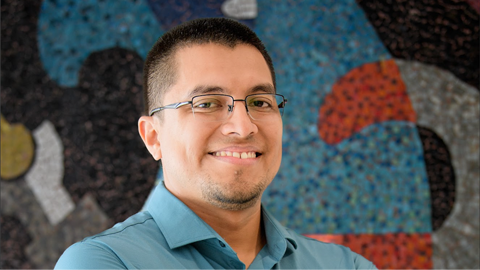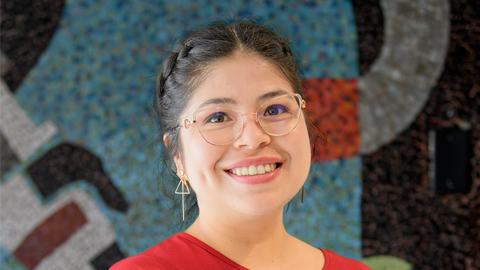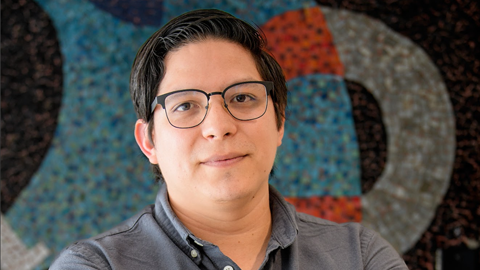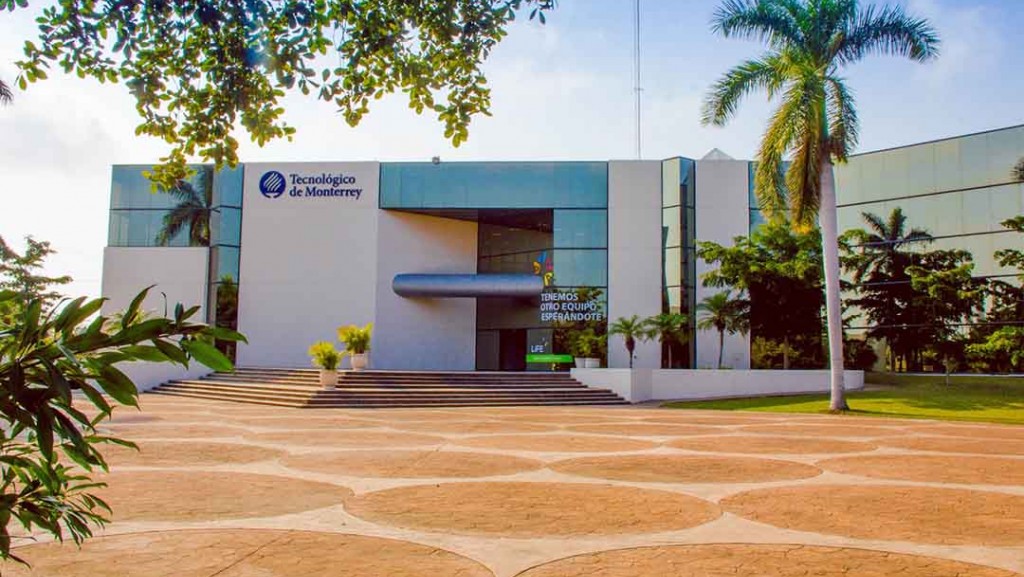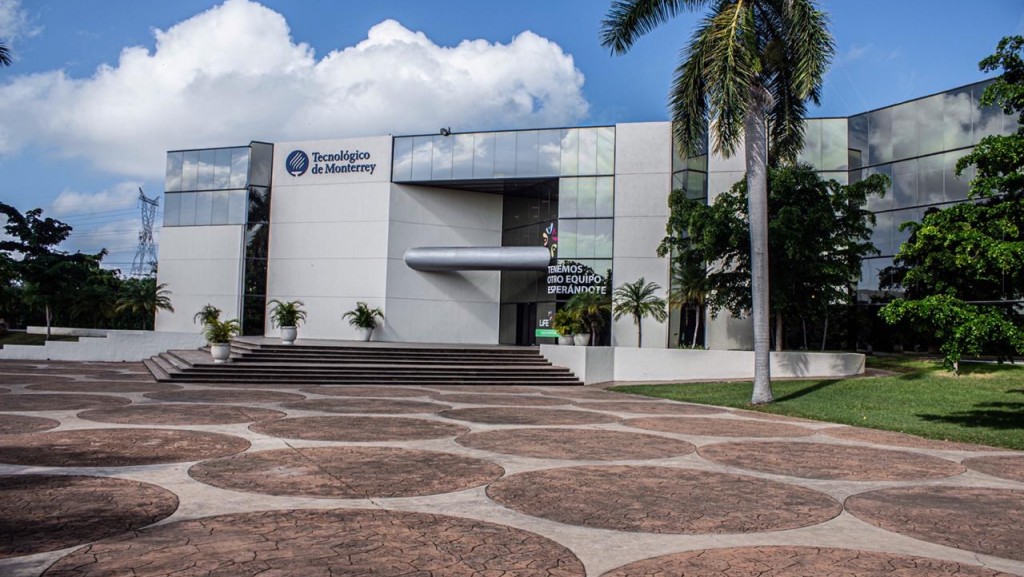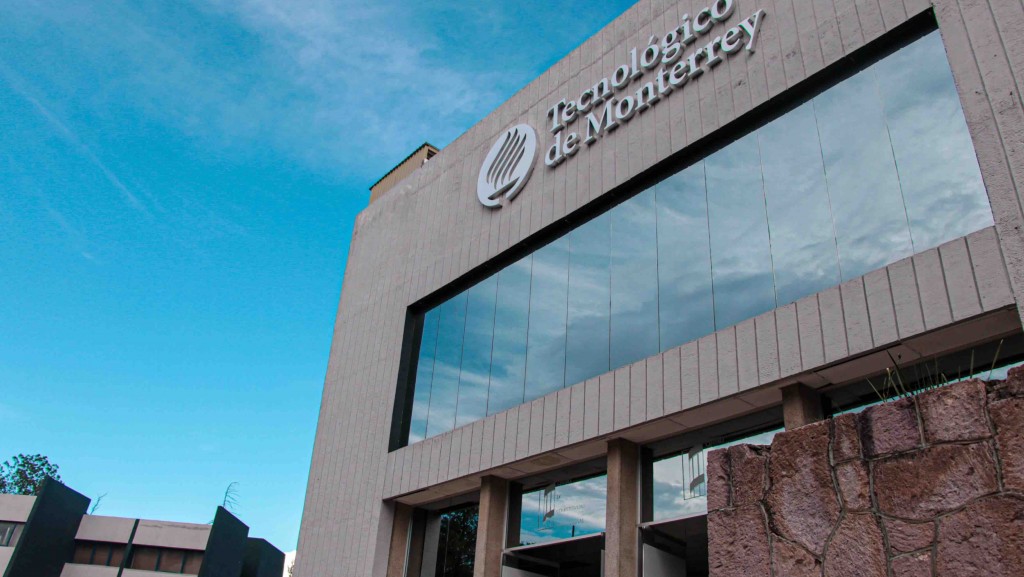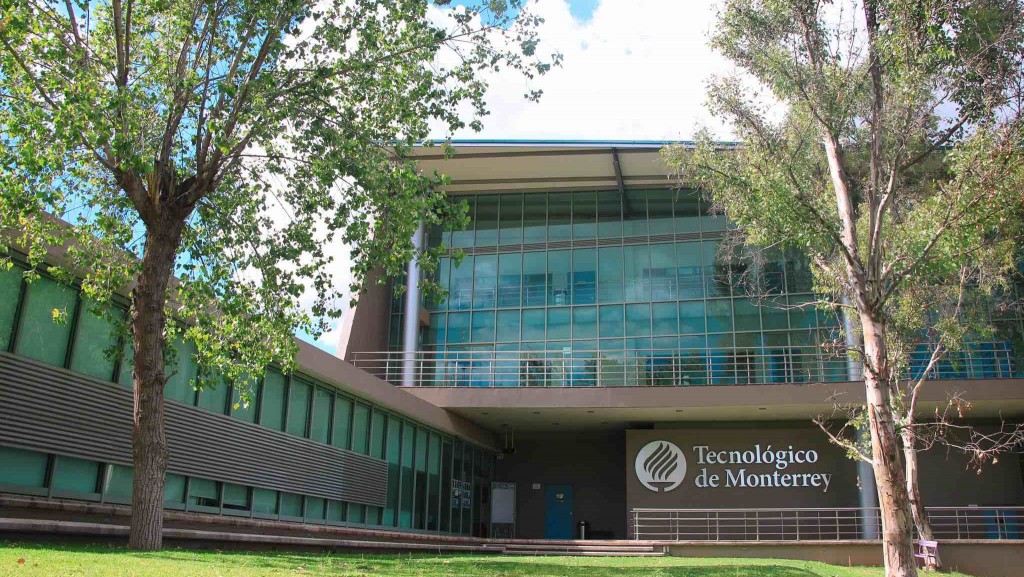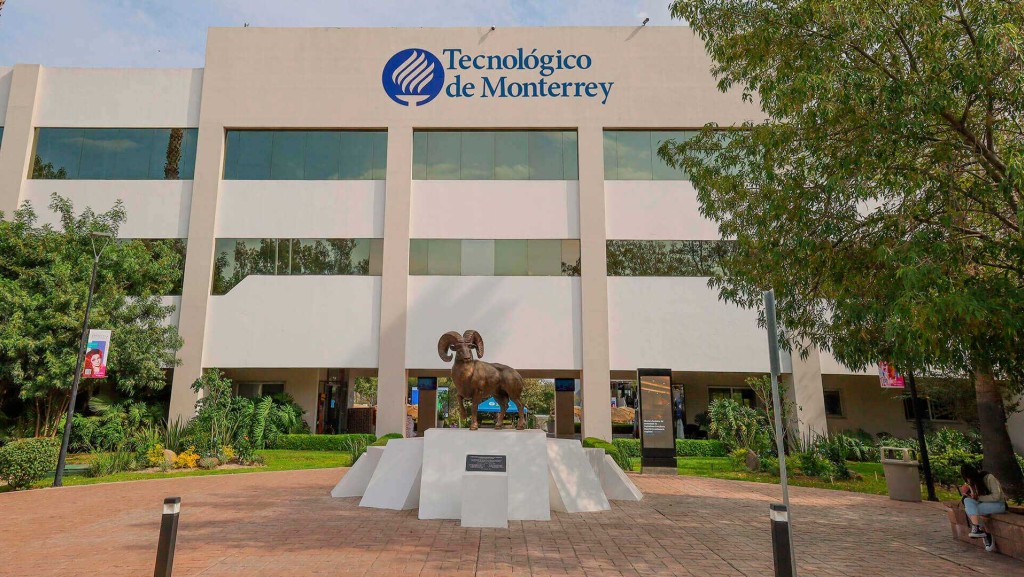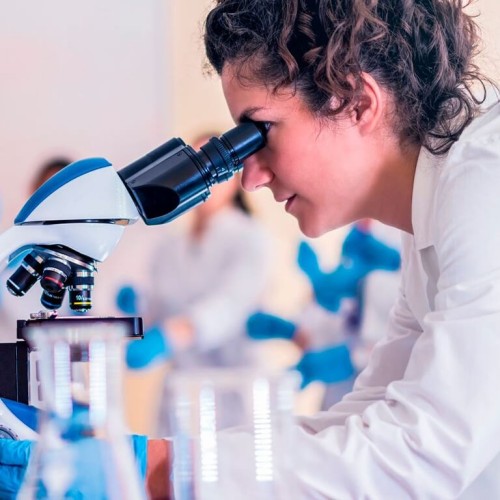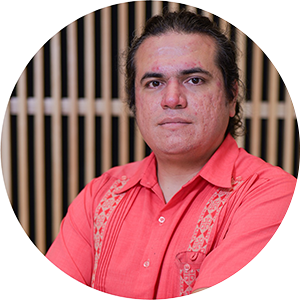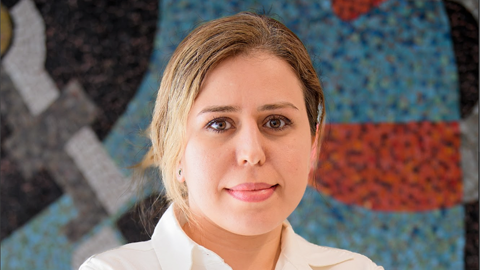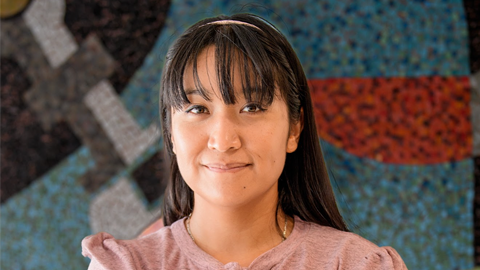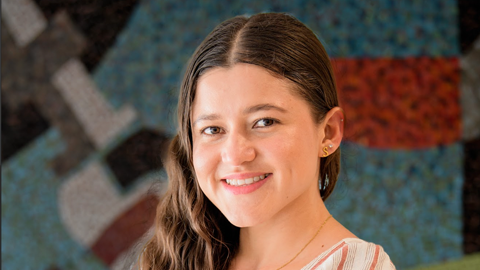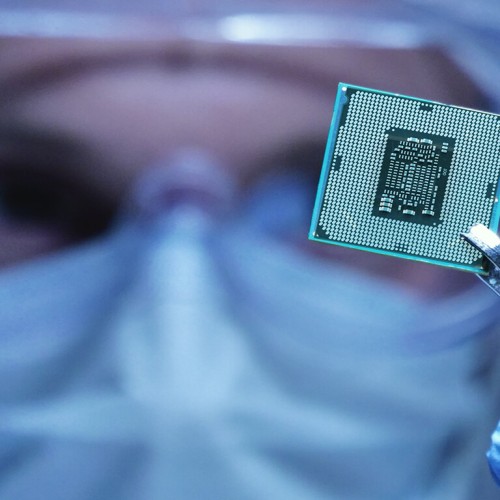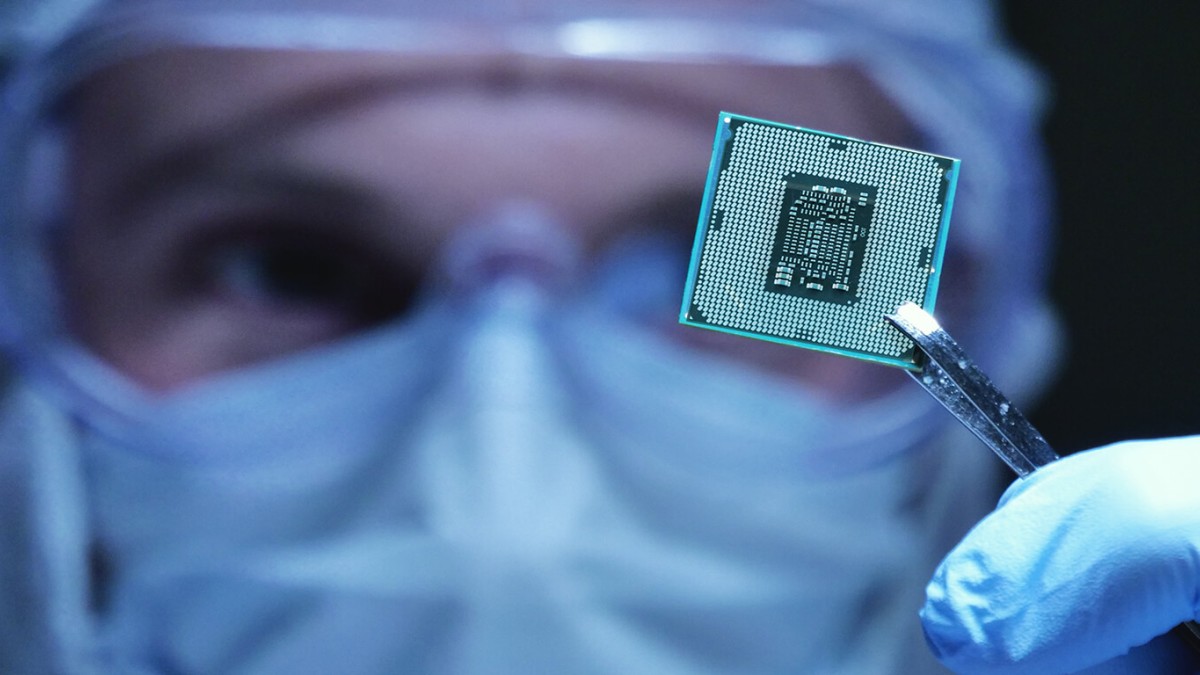Bioengineering and Medical Devices Unit

Develops and optimizes bioengineering platforms to produce new commercial products focused on the early detection and prevention of metabolic disorders associated with obesity.
What does this unit do?
1. Bioengineering of processes to identify and produce bioactives.
2. Development of medical devices for early detection and monitoring.
3. Engineering of delivery systems and detection of molecules.
4. Generation of clinical interventions that positively impact society.
Products and services developed by the unit
- Selection of novel biomolecules associated with metabolic diseases.
- Medical devices (based on new technologies, user-friendly and accessible) for the early detection and monitoring of metabolic diseases.
- Real-time detection sensors of biomarkers associated with metabolic diseases.
- Improvement of the performance of existing platforms for the early detection and monitoring of metabolic diseases.
- Prevention and treatment strategies for metabolic diseases and their complications.
- Strategies for the prediction and monitoring of risk of metabolic diseases.
* About Research Professors: They are principal investigators (PIs) who dedicate 75% of their time to research and 25% of their time to faculty (teaching) activities in the school they are assigned at Tecnológico de Monterrey (in IOR’s case, either the School of Medicine, School of Engineering, or School of Government).
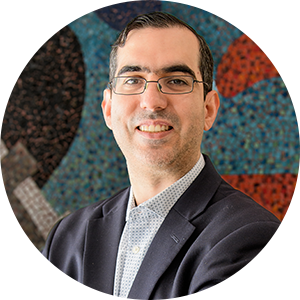
Dr. Omar Lozano García
Unit leader. Research Professor
Design of advanced materials for drug delivery systems and probes, preclinical studies, nanosafety, nano-bio-interactions.
Get to know his work
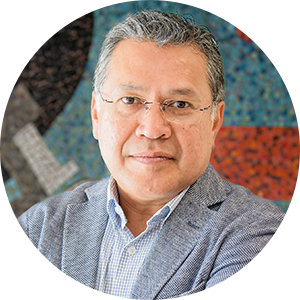
Dr. Marco Antonio Rito Palomares
Director of the Institute for Obesity Research
Development of early detection technologies, drug delivery systems and strategies based on aqueous two-phase systems.
Get to know his work
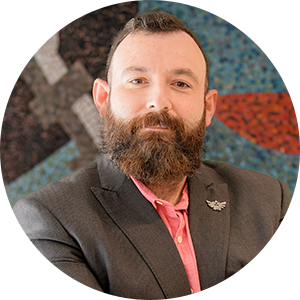
Dr. Jorge Alejandro Benavides Lozano
Research Professor
Bioengineering, Bioprocesses, Bioproduct formulation, Bioactive discovery and characterization, Synthetic biology.
Get to know his work
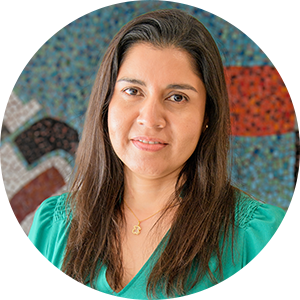
Dr. Karla Patricia Mayolo Deloisa
Research Professor
Specialist in nanoparticle formulation, protein modification and bioprocesses.
Get to know her work
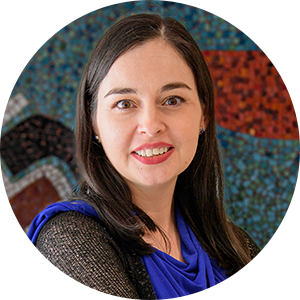
Dr. Mirna Alejandra González González
Research Professor
Development of flexible bioengineering platforms for biomedical applications.
Get to know her work
